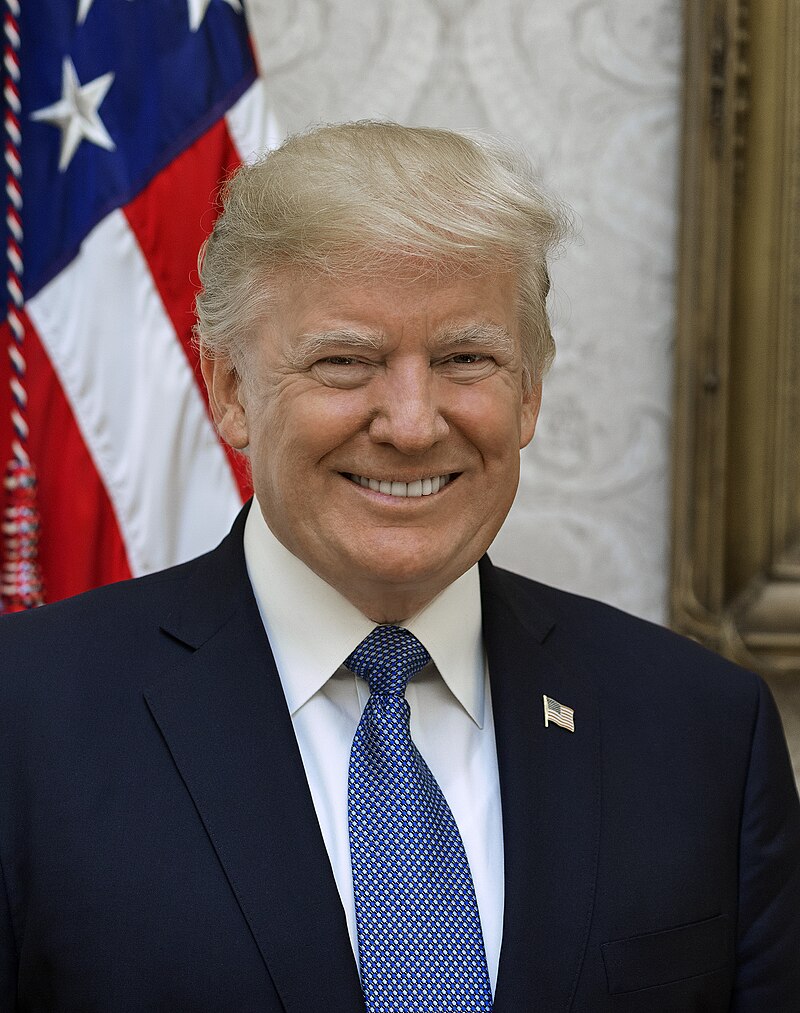WASHINGTON — President Donald Trump expressed genuine bewilderment Thursday after a federal appeals court ruled 7-4 that his sweeping tariffs violate the Constitution, sources report the commander-in-chief was “visibly confused” by the concept that emergency powers have limits.
“I thought emergency powers meant I could do emergencies,” Trump said during an impromptu press conference held in what appeared to be a bunker decorated with vintage emergency broadcast equipment from the 1970s. “Like, if I declare Canada an emergency, then I can tax Canada. It’s simple emergency math.”
The U.S. Court of Appeals for the Federal Circuit ruled Friday that Trump’s use of the 1977 International Emergency Economic Powers Act to impose tariffs on “nearly every U.S. trading partner” exceeded presidential authority, noting that Congress, not the executive branch, has constitutional power over taxation.
Trump immediately took to Truth Social to express his displeasure with what he called the court’s “Highly Partisan” interpretation of basic constitutional law.
“ALL TARIFFS ARE STILL IN EFFECT!” Trump posted in characteristic all-caps, apparently believing that typing in large letters overrides federal court rulings.
White House Press Secretary Sarah Matthews attempted to clarify the administration’s position during Friday’s briefing, explaining that Trump’s understanding of emergency powers derives from “a very creative reading of both the Constitution and several Tom Clancy novels.”
The ruling specifically addressed Trump’s declaration of trade emergencies against traditional allies, which the court found “somewhat inconsistent with the traditional definition of emergency, which typically involves immediate threats rather than routine commercial disagreements dating back decades.”
Legal scholars noted the unusual spectacle of a president claiming surprise that courts expect constitutional compliance during policymaking.
The court’s decision particularly criticized Trump’s expansion of the 1977 IEEPA law beyond its intended scope, noting that the act was designed for genuine national security emergencies, not “whatever trade dispute happens to be annoying the president that week.”
When asked to define what constitutes a trade emergency, Treasury Secretary Scott Bessent reportedly consulted a magic 8-ball before declaring that “all trade is potentially emergency trade if you think about it emergency-ly enough.”
Trump has indicated he will appeal to the Supreme Court, where sources say he hopes the justices will be “less partisan about the Constitution” than the appeals court judges.

